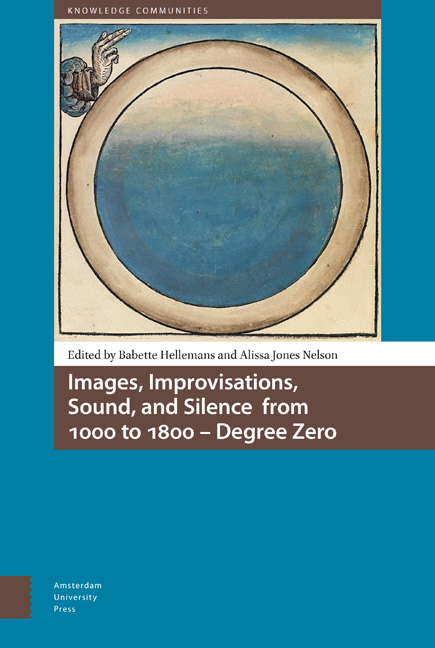6 - Improvisation as a Chief Pillar of the Poetic Art in Persian Literary Tradition
Published online by Cambridge University Press: 11 December 2020
Summary
Abstract
Improvisation is regarded in Persian literary tradition as a talent and a skill. There are several terms for literary improvisation, which are used both in medieval literary sources and in a modern context, where stories from classical epic poetry are performed. Different types of improvisations are distinguished. Sometimes the poet does not prepare the poem he is supposed to present to his (courtly) audience in advance; he has to rely on his talent and poetic skills to improvise a poem on a specific subject. In another form of improvisation, the poet has a few moments of thought and preparation before reciting his poem. There are many examples of how poets have improvised poems at official ceremonies or private gatherings, such as weddings, military conquests, national and religious festivals, and birth and death ceremonies. The capacity for improvisation is one of the skills a poet must possess so that he can demonstrate his talent and successfully communicate with his audience. When a poet tells the same story to different audiences, he changes elements of his story by adding long episodes, emphasizing certain passages, and removing others to suit his audience. In this chapter, I will treat the various uses of improvisation in Persian literary tradition. Examples of improvisations in Persian culture are related to the origin of invention – creating something unexpected in order to generate new moods and emotions. In addition, examples of improvisation usually evince a departure from a structure or a practice to a new situation, which might be defined as an enlivening aberration.
Keywords: Persian Poetry, Islam, courtly tradition, orality, storytelling performance (naqqâli)
Improvisation is one of the prominent features of Persian literary tradition, confirming a poet's genius, talent, and poetic skills. There are several terms for literary improvisation, such as badih(e), badihe-sarâ’i, and ertejâl. Different types of improvisation can be distinguished on the basis of these terms: while the term ertejâl indicates that the poet does not prepare his poem in advance, the term badihe describes a situation in which the poet is given a few moments of thought before reciting his poem. There are many examples of poets improvising poems at official ceremonies or private gatherings – such as weddings and birth and death ceremonies – during the medieval period. On these occasions, poets extemporised poems, usually based on classical examples. In modern times, this tradition has been continued by many Iranians.
- Type
- Chapter
- Information
- Images Improvisations Sound and Silence from 1000 to 1800 , pp. 131 - 144Publisher: Amsterdam University PressPrint publication year: 2018



